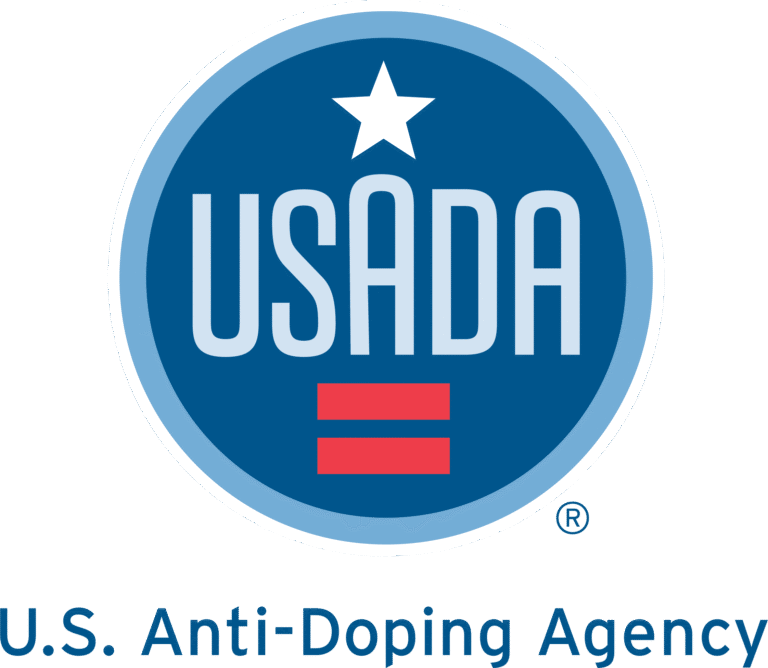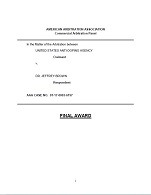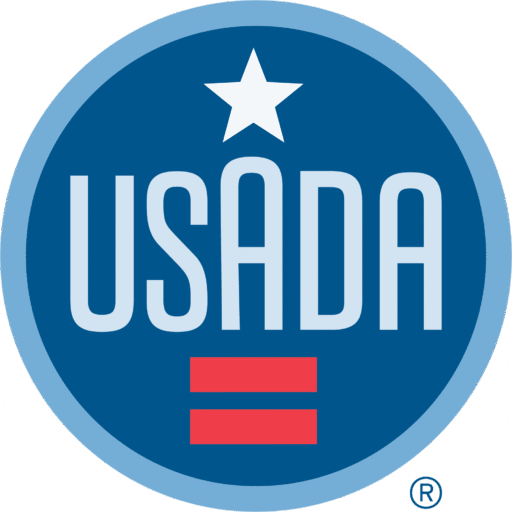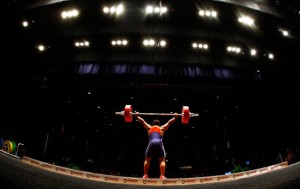 USADA announced today that two independent three-member panels of the American Arbitration Association (AAA) rendered their decisions in the cases of Alberto Salazar and Dr. Jeffrey Brown, determining that each should receive a 4-year sanction for orchestrating and facilitating prohibited doping conduct while acting, respectively, as head coach of the Nike Oregon Project (NOP) and as a paid consultant for the NOP on performance enhancement and as physician for numerous athletes in the NOP.
USADA announced today that two independent three-member panels of the American Arbitration Association (AAA) rendered their decisions in the cases of Alberto Salazar and Dr. Jeffrey Brown, determining that each should receive a 4-year sanction for orchestrating and facilitating prohibited doping conduct while acting, respectively, as head coach of the Nike Oregon Project (NOP) and as a paid consultant for the NOP on performance enhancement and as physician for numerous athletes in the NOP.
“The athletes in these cases found the courage to speak out and ultimately exposed the truth,” said USADA Chief Executive Officer Travis T. Tygart. “While acting in connection with the Nike Oregon Project, Mr. Salazar and Dr. Brown demonstrated that winning was more important than the health and wellbeing of the athletes they were sworn to protect.”
Following two evidentiary hearings, Salazar’s lasting seven days and Brown’s lasting six days, and a lengthy post-hearing review of all the evidence and testimony, the AAA panel found that Salazar and Brown trafficked testosterone, a banned performance-enhancing substance, administered a prohibited IV infusion, and engaged in tampering to attempt to prevent relevant information about their conduct from being learned by USADA.
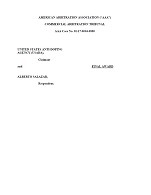
The panel determined that Salazar committed the following violations of the Code:
- Administration of a Prohibited Method (with respect to an infusion in excess of the applicable limit),
- Tampering and/or attempted tampering with the doping control process, and
- Trafficking of testosterone through involvement in a testosterone testing program in violation of the rules.
The panel determined that Brown violated anti-doping rules by:
- Tampering with patient records under WADA (World Anti-Doping Agency) Code Art. 2.5 (2009 & 2015), which carries a sanction of 2 years WADA Code Art. 10.3.1 (2009), and 4 years under WADA Code Art. 10.3.1 (2015).
- Administration of an over-limit L-carnitine infusion under WADA Code Art. 2.8 (2009 & 2015), which carries a minimum sanction of 4 years up to a maximum lifetime ban under WADA Code Art. 10.3.2 (2009) and WADA Code Art. 10.3.3 (2015).
- Complicity in Salazar’s trafficking of testosterone under WADA Code Art. 2.8 (2009) and WADA Code Art. 2.9 (2015). Under WADA Code Art. 10.3.2 (2009), a complicity violation carries a minimum sanction of 4 years up to a maximum lifetime ban. Under WADA Code Art. 10.3.4 (2015), a complicity violation carries a sanction of 2 to 4 years.
Testosterone is a Non-Specified substance in the class of Anabolic Agents and prohibited at all times under the USADA Protocol for Olympic and Paralympic Movement Testing, the United States Olympic and Paralympic Committee National Anti-Doping Policies, and the International Association of Athletics Federations Anti-Doping Rules, all of which have adopted the Code and the World Anti-Doping Agency (WADA) Prohibited List. Intravenous infusions of any substance in excess of the limits, regardless of whether the substance is prohibited, is a prohibited method under the rules.
With respect to the evidence of extensive and troubling medical coordination between Salazar and Dr. Brown, the Salazar panel wrote: “Respondent and Dr. Brown communicated repeatedly about the athletes of the NOP’s performance and medical conditions, exchanging information without any apparent formal authorization by the athletes at the NOP or distinction between Dr. Brown’s role as an athlete’s physician and NOP consultant. Respondent and Dr. Brown shared information with the aim of improving the athletes’ performance via medical intervention, with a particular interest in increasing testosterone levels.”
The Brown Panel noted, “a number of very complex issues that can arise at the confluence of the practice of medicine and the Applicable Rules” and that “these issues arose in the context of the perceived or potential conflict of interest that may exist when an athlete’s personal physician is also a medical consultant for the high profile sports organization that is responsible for training the athlete.” While the Panel did not find rule violations specifically on this ground, it is significant that both panels found these conflicts of interest and potential conflicts which threatened the wellbeing of athletes permeated the evidence in this case.
USADA’s investigation yielded a wide range of evidence referenced in the hearing, including eye-witness proof, testimonies, contemporaneous emails, and patient records. Between the two cases, USADA relied on more than 2,000 exhibits, which the AAA heard along with the defendants’ cases. In all, the proceedings included 30 witnesses and 5,780 pages of transcripts.
Salazar and Brown’s periods of ineligibility began on September 30, 2019, the date the decisions were released.
The full arbitration decisions are posted here. The redactions were removed from the Brown decision after receiving an order from the U.S. District Court in the Southern District of Texas (Houston Division) removing the seal in the case of United States Anti-Doping Agency v. Dr. Jeffrey Brown, Civil Action No. 4:18-cv-3351. Redactions to the Salazar case have also been removed.
In an effort to aid athletes, as well as support team members such as parents and coaches, in understanding the rules applicable to them, USADA provides comprehensive instruction on its website on the testing process and prohibited substances, how to obtain permission to use a necessary medication, and the risks and dangers of taking supplements, as well as performance-enhancing and recreational drugs. If athletes choose to use supplements despite the known risks, USADA has always recommended that athletes use only dietary supplements that have been certified by a third-party program that tests for substances prohibited in sport. USADA currently recognizes NSF Certified for Sport® as the program best suited for athletes to reduce the risk from supplements.
In addition, USADA manages a drug reference hotline, Global Drug Reference Online (www.GlobalDRO.com), conducts educational sessions with National Governing Bodies and their athletes, and distributes a multitude of educational materials, such as an easy-reference wallet card with examples of prohibited and permitted substances, a supplement guide, a nutrition guide, an athlete handbook, and periodic alerts and advisories.
Along with education and testing, robust anti-doping programs enable investigations stemming from tips and whistleblowers. USADA makes available a number of ways to report the abuse of performance-enhancing drugs in sport in an effort to protect clean athletes and promote clean competition. Any tip can be reported using the USADA Play Clean Tip Center, by email at playclean@usada.org, by phone at 1-877-Play Clean (1-877-752-9253) or by mail.
USADA is responsible for the testing and results management process for athletes in the U.S. Olympic and Paralympic Movement and is equally dedicated to preserving the integrity of sport through research initiatives and educational programs.
For more information or media inquiries, click here.
